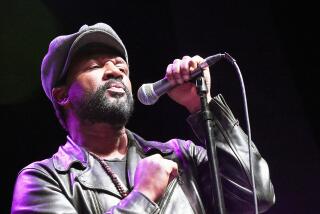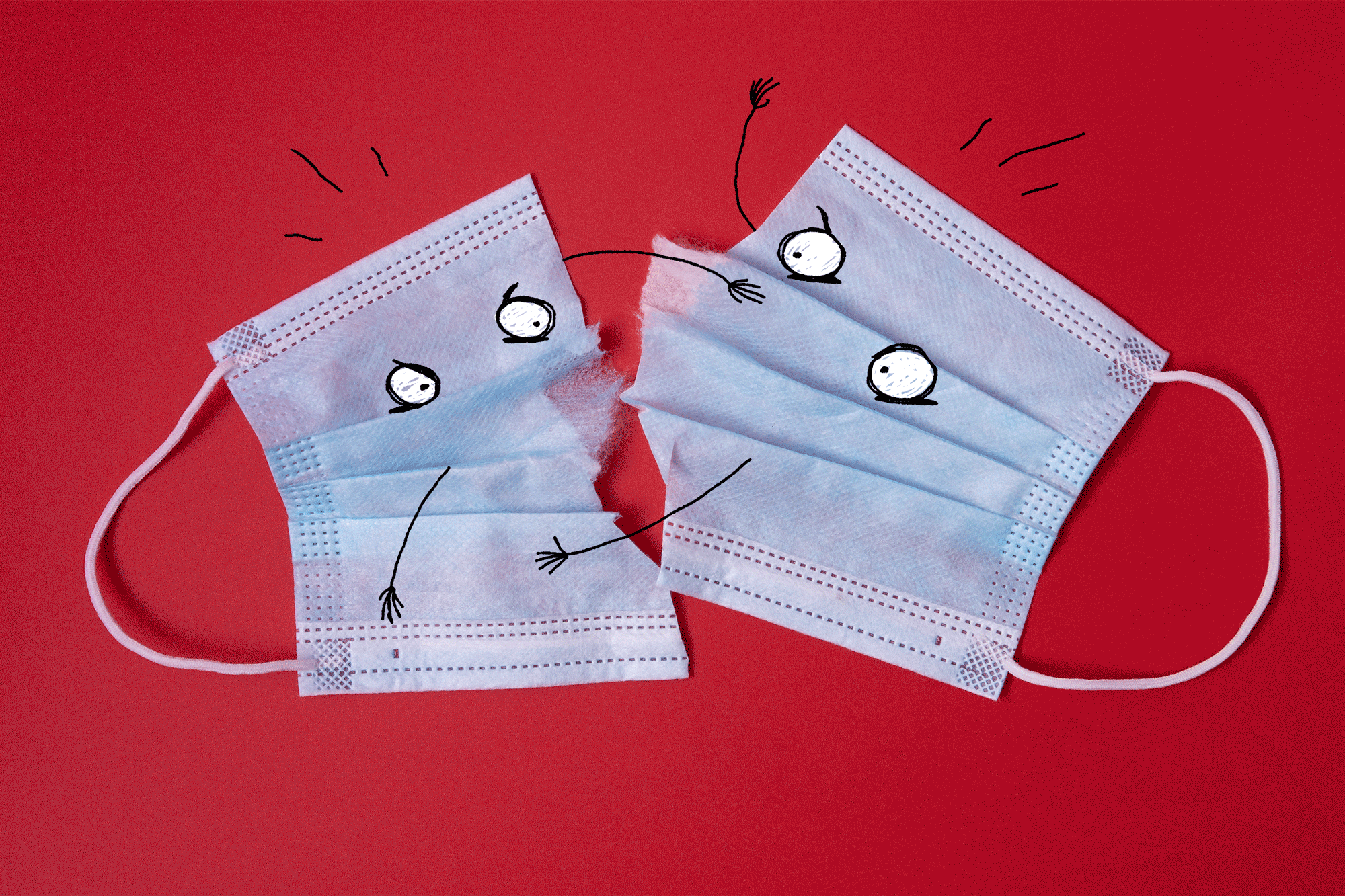Airline veteran dishes about passenger behavior
After a 16-year career in the airline industry, Claudia Helena Oxee doesn’t mince words about what’s wrong with airline passengers today.
“Let’s face it, passengers dress the way they want and do what they want,” said Oxee, who worked on the station crew at John F. Kennedy International Airport for TWA, Pan Am and LTU International Airways. “The level of passengers has been degrading.”
Now retired and promoting a book about her experiences, she said she would “crack the whip” on unruly passengers if she were still working at an airport. “I wouldn’t put up with it.”
Airlines spend millions of dollars collecting, analyzing and responding to passenger complaints. Oxee’s new book and a survey of airline workers show that the folks who manage passengers have gripes of their own.
Oxee’s book, “Tales from the Tarmac,” recounts her encounters with drunk, belligerent and hostile passengers, some of whom she describes as “twits,” “jerks” and “half-wits.”
Meanwhile, the travel website Skyscanner released a list of the most annoying habits of airline passengers, based on a recent survey of 700 airline workers in 85 countries.
The top most hated passenger habits include:
• Clicking their fingers to get a flight attendant’s attention;
• Trying to get off the plane before the pilot gives the signal;
• Stuffing too much in the overhead compartment;
• Complaining about the lack of space in the overhead compartment;
• Talking through the safety demonstration.
Oxee’s biggest gripe is passengers who delay a flight with no good reason.
“When they hold up an entire flight, it’s a domino effect worldwide and then they show up with an attitude,” she said.
Translating online reviews to revenue
Hotel owners have long touted the importance of positive online reviews, and now a new study calculates exactly how much they mean to a hotel’s bottom line.
For every 1% increase in a hotel’s online reputation, a hotel enjoys a 0.54% increase in occupancy, which can lead to a 1.42% increase in revenue per available room, according to an analysis by the Center for Hospitality Research at Cornell University.
The study, by associate professor Chris Anderson, looked at data from more than 3,000 hotels in 20 cities, including several international locations. He spent about six months crunching occupancy numbers, daily rates and online reviews.
Anderson also looked at data from Travelocity, one of the world’s largest travel websites, and found that if a hotel gets a 1-star jump on the travel site’s five-star scale, the hotel can increase its price by 11.2% and keep the same occupancy rates.
The most surprising result of the analysis, he said, was that more favorable reviews can have a bigger financial effect on economy and mid-scale hotels than on luxury brands.
“The impact of online review scores increase for hotels on the lower-chain scale,” Anderson said.
Delta adds humor to safety videos
The Kiwis aren’t the only airline workers with a sense of humor.
In the last few years, Air New Zealand Ltd. has produced several quirky airplane safety videos that feature nude flight attendants, fitness guru Richard Simmons and characters from the “Lord of the Rings” movies.
Delta Air Lines Inc. last month unveiled its own humorous safety videos, apparently the first by a major U.S. airline.
The two Delta videos include a robot passenger that turns itself off before takeoff, a warning sign prohibiting playing squash onboard and a passenger with two left feet, among other gags.
Delta said the videos are designed to get the attention of frequent fliers who have seen dozens of airline safety presentations over the years.
“The purpose of the video is very serious,” said Mauricio Parise, Delta’s general manager of marketing and communications. “But we want to make sure people are not disconnected with the message.”
More to Read
Sign up for The Wild
We’ll help you find the best places to hike, bike and run, as well as the perfect silent spots for meditation and yoga.
You may occasionally receive promotional content from the Los Angeles Times.






